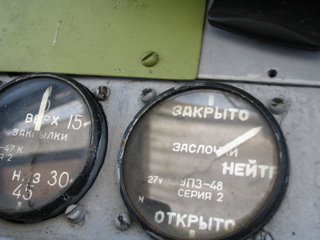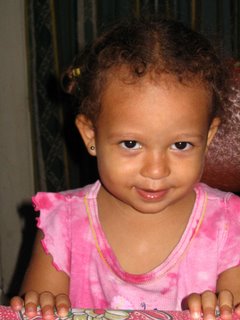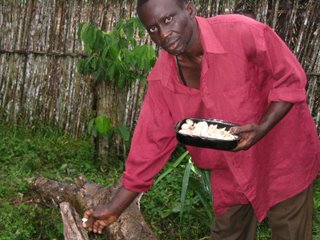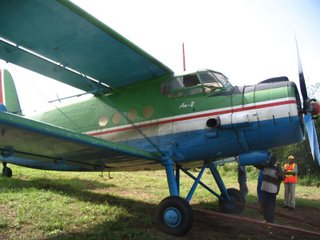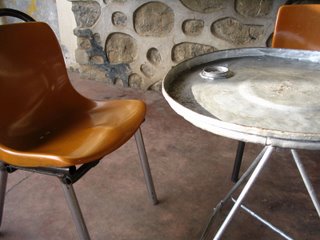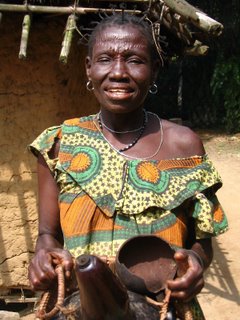EU black list of unsafe airlines
The European Union banned on Wednesday 92 mostly African airlines from its skies after a wave of fatal air crashes last year. It put restrictions on a further three companies.
The ban, the EU's first-ever such blacklist, is due to come into effect on Saturday and works on the principle that an airline banned in one of the bloc's 25 member states will be outlawed in all of them.
The following is the so-called list:
Air carriers completely banned:
Afghanistan: Ariana Afghan Airlines
Comores: Air Service Comores
Democratic Republic of Congo: Africa One, African Company Airlines, Aigle Aviation, Air Boyoma, Air Kasai, Air Navette, Air Tropiques, Air Transport Office, Blue Airlines, Business Aviation, Butembo Airlines, Compagnie Africaine d'Aviation, Cargo Bull Aviation, Central Air Express, Cetraca Aviation Service, CHC Stelavia, Comair, Compagnie Africaine d'Aviation, C0-ZA Airways, Das Airlines, Doren Aircargo, Enterprise World Airways, Filair, Free Airlines, Galaxy Corporation, GR Aviation, Global Airways, Goma Express, Great Lake Business Company, International Trans Air Business, Jet Aero Services, Kinshasa Airways, Kivu Air, Lignes Aériennes Congolaises, Malu Aviation, Malila Airlift, Mango Mat, Rwabika Bushi Express, Safari Logistics, Services Air, Tembo Air Services, Thom's Airways, TMK Air Commuter, Tracep, Trans Air Cargo Services, TRACO, Uhuru Airlines, Virunga Air Charter, Waltair Aviation, Wimbi Diri Airways
Equatorial Guinea: Air Consul, Avirex Guinee Equatoriale, Compagnie Aeree de Guinee Equatoriale, Ecuato Guineana de Aviacion, Ecuatorial Cargo, Guinea Ecuatorial Airlines, Getra, Jetline Inc, KNG Transavia Cargo, Prompt Air GE SA, Union de Transport Aereo de Guinea Ecuatorial
North Korea: Air Koryo
Kazakhstan: BGB Air, GST Aero Air Company
Kyrgyzstan: Phoenix Aviation, Reem Air
Liberia: International Air Services, Satgur Air Transport, Weasua Air Transport
Rwanda: Silverback Cargo Freighters
Sierra Leone: Aerolift, Afrik Air Links, Air Leone, Air Rum, Air Salone, Air Universal, Destiny Air Services, First Line Air, Heavylift Cargo, Paramount Airlines, Star Air, Teebah Airways, West Coast Airways
Swaziland: African International Airways, Airlink Swaziland, Jet Africa, Northeast Airlines, Scan Air Charter, Swazi Express Airways
Thailand: Phuket Airlines
Air carriers banned from flying certain types of aircraft:
Bangladesh: Air Bangladesh
Democratic Republic of Congo: HBA
Libya: Buraq Air

First of all, please note that 50 of the 93 airlines are from Congo. Secondly, it seems I have used 4 of these airlines. I am going to Rwanda in a few weeks for a meeting. I look forward to adding another banned aircraft to my list.




